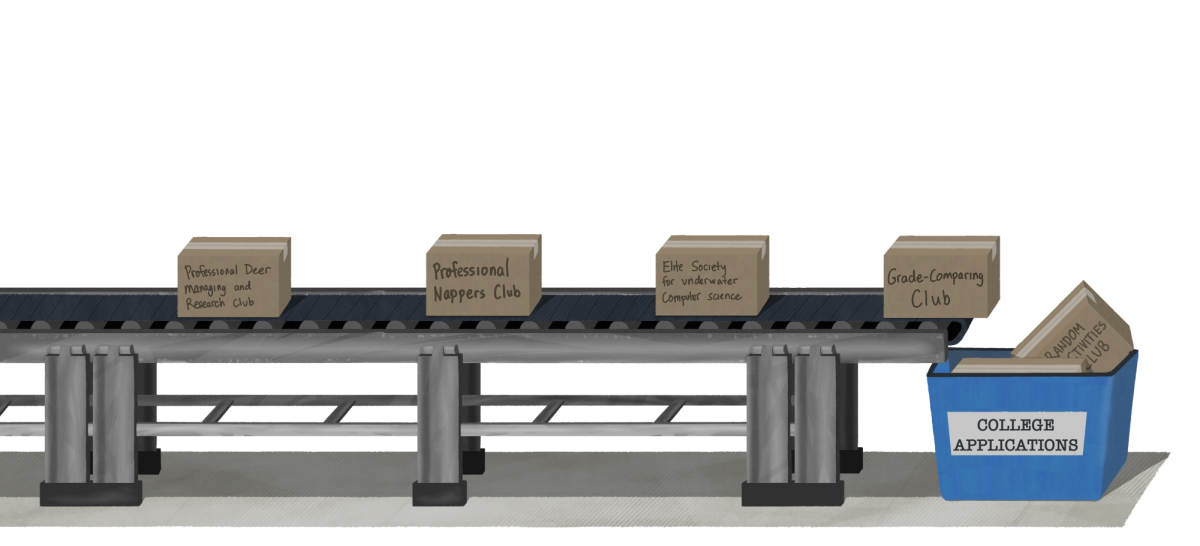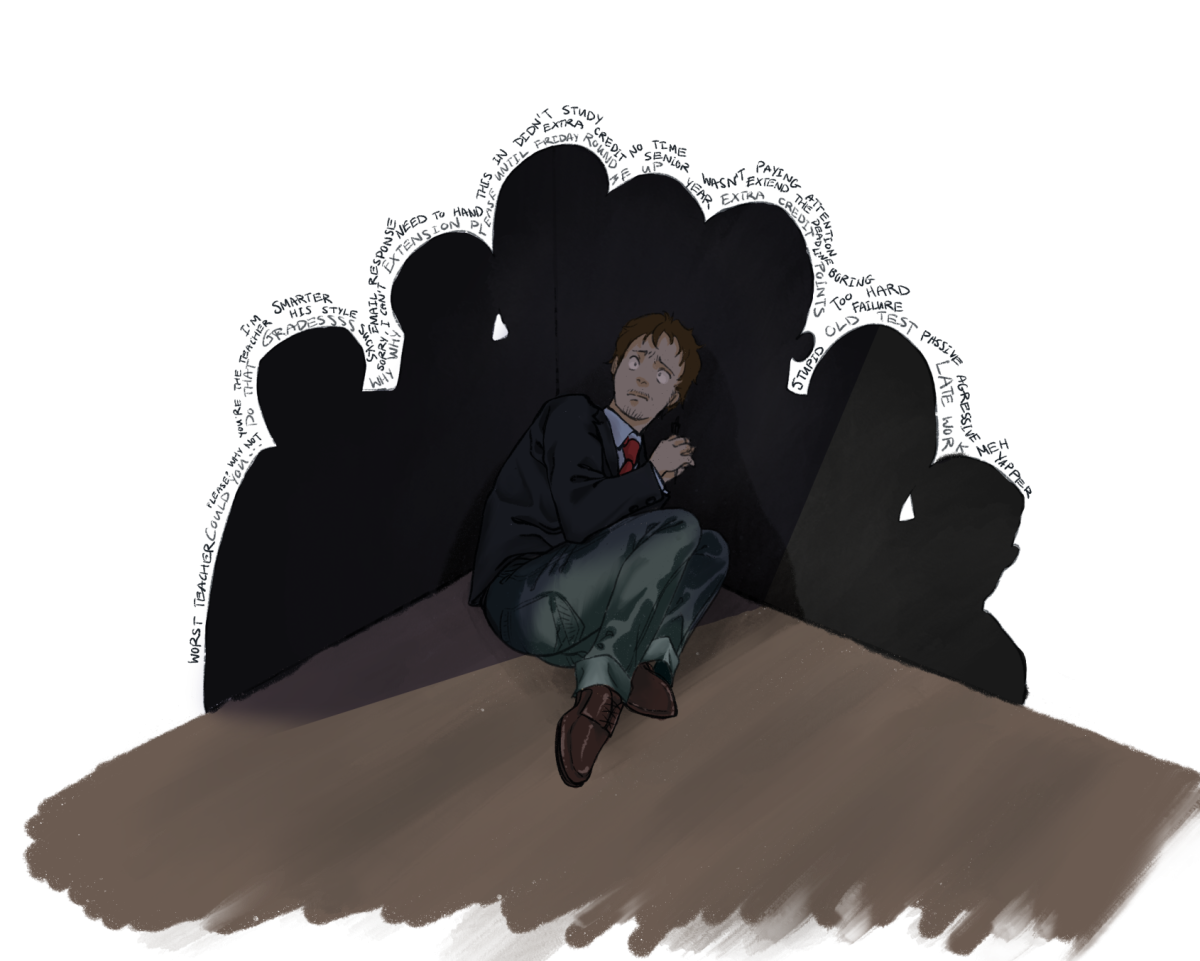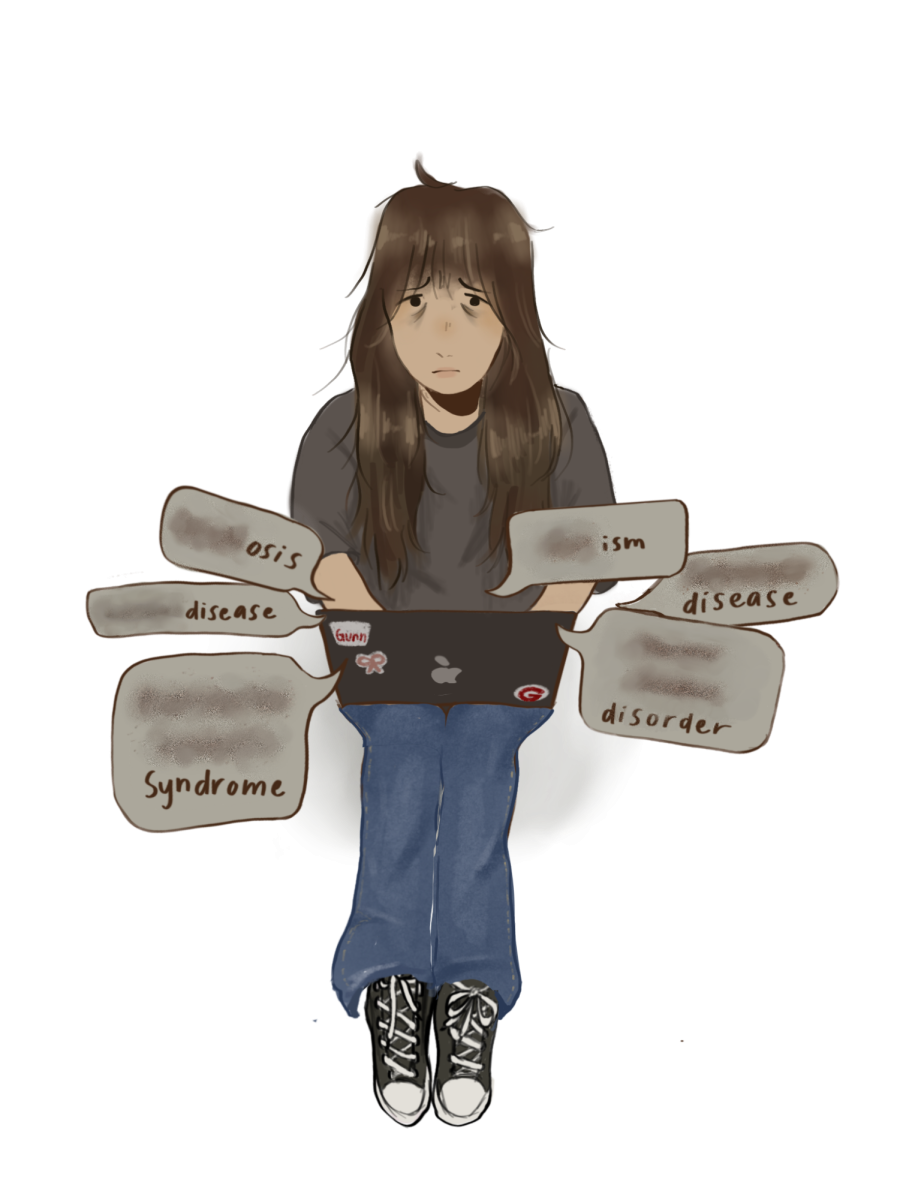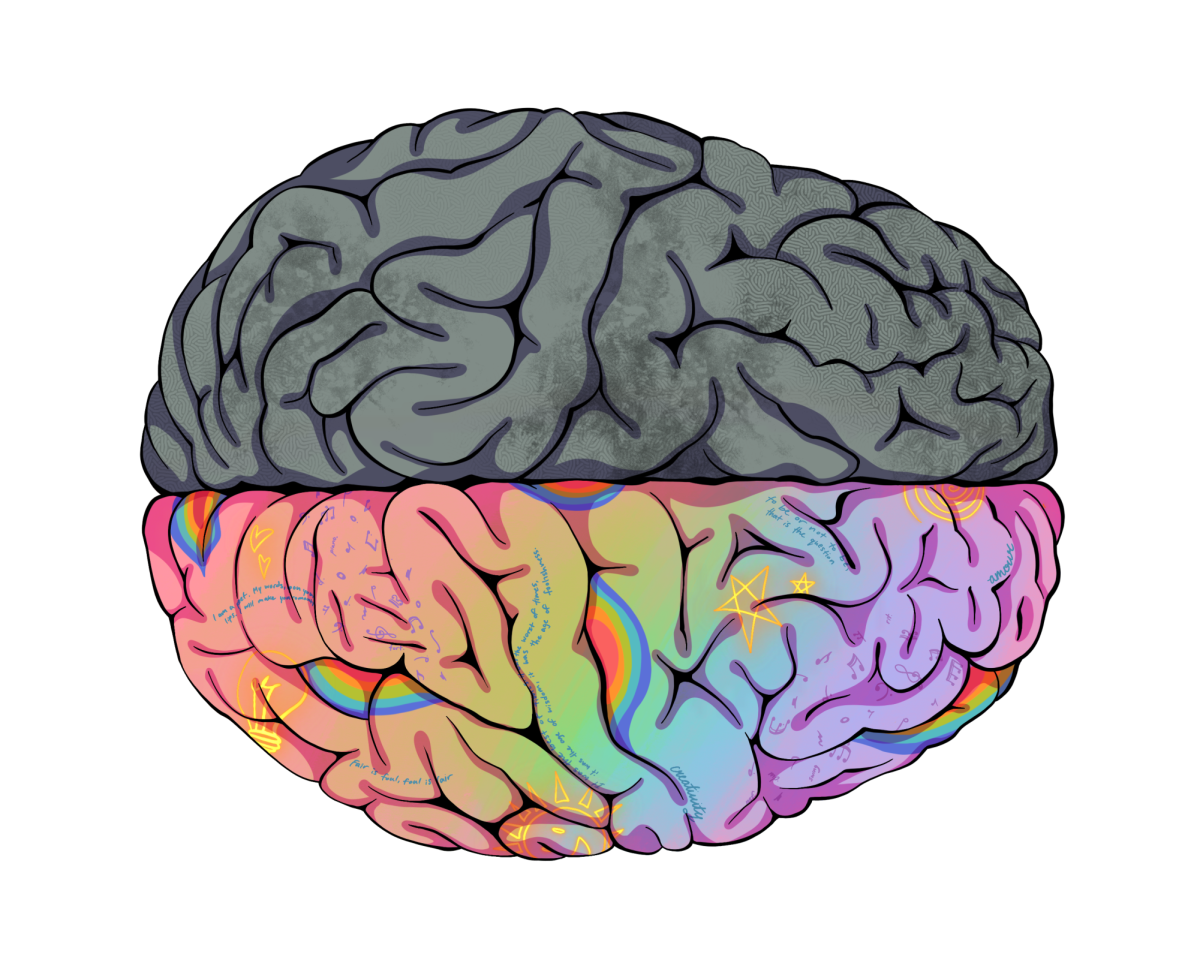Written by: Jack Mallery
For a country that prides itself on being advanced and sophisticated, America is surprisingly behind the times when it comes to the legalization of alcohol. A drinking age of 21 has become anachronistic compared to other countries, with the negative implications far outweighing the positive ones. In America, 18—the age of legal adulthood—should be the age for legal alcohol consumption as well. A lowered drinking age would introduce teenagers to the responsibility of making individual decisions, create safer communities and fix a largely ineffective law that prohibits alcohol consumption before the age of 21.
In the United States, the cusp of adulthood welcomes teenagers into a life full of new opportunities and responsibilities. They are allowed to vote, smoke cigarettes, serve on juries, be legally tried as adults, get married and serve in the armed forces. And yet, walking into a nightclub and ordering a drink is strictly forbidden. Men and women can risk their lives for our country but, apparently, cannot be trusted around a bottle of liquid. At the age of adulthood, if citizens are allowed to lay down their lives for America, it is baffling that alcohol is still illegal for them. If turning 18 really is the introduction of our greatest responsibilities, then it should come with the trust that accompanies alcohol consumption.
Contrary to the common misconception that drinking earlier is a harmful practice, lowering the drinking age could actually make teenagers and communities safer. Allowing 18 to 20 year olds to drink in regulated environments with supervision would decrease unsafe drinking activity elsewhere. Prohibiting entry into bars and other licensed locations only encourages poorly monitored house and fraternity parties; in these places, there is a much higher chance of binge drinking, the practice of consuming dangerously large amounts of alcohol, and alcohol poisoning.
In addition, what makes underage drinking appealing is the fact that it is taboo. Breaking the law to indulge in drinking provides teens with a thrill. Making alcohol legal would diminish that sense of exhilaration, thus decreasing the amount of drinking that occurs. Also, the law has proven to be largely ineffective at prohibiting underage drinking. A study by the National Center on Addiction and Substance Abuse at Columbia University in 2006 found that 72.2 percent of 12th graders had consumed alcohol on occasion, rendering the law of 21 or older ineffective.
To be fair, there is the worry that a lower drinking age would impact violent crime, dangerous behavior and illegal acts sometimes associated with drinking.
However, a 2002 study by Professor Alexander C. Wagenaar of the University of Florida College of Medicine, found that lowering the drinking age to 18 would not necessarily increase homicide or criminal activity due to the fact that the current drinking age does not affect these either. Lastly, lowering the drinking age would result in a decrease of underage people who have alcohol-related injuries and don’t seek medical attention due to legal circumstances.
The practice of illegal underage drinking also takes a toll on government funds. According to the 2010 National and State Costs of Excessive Alcohol Consumption published in the American Journal of Preventive Medicine, underage drinking costs the government over 24 million dollars due to government-paid health care, lost productivity and law enforcement. In addition to decreasing chances of teenage drinking and thus lowering crime rates, a lower drinking age would cut down governmental costs for enforcing underage drinking laws. The money wasted could go towards causes that really need it.
On the other hand, it is true that research proves alcohol can hinder brain development before the age of 21. According to National Public Radio, underage drinking is deleterious to brain tissue and hinders the brain’s development by affecting motor skills, coordination and memory. Furthermore, the brain’s prefrontal cortex does not fully develop for most people until they are around 25 years old, according to the Medical Center at the University of Rochester. This means that teens are underdeveloped and unprepared to consume alcohol, which would further hamper their decision-making abilities. However, part of becoming an adult is learning to handle increased responsibility. Alcohol provides an opportunity for teenagers to take responsibility for their actions, a benefit that outweighs the consequences. In essence, a lower drinking age would not only create a safer drinking environment, but also wouldn’t increase the chances of teenagers participating in crime.
Turning 18 represents a transition into a stage of life with more responsibilities. In the coming years, young people should be able to crack open a bottle of champagne to celebrate as they look forward to the rest of their lives as adults. The drinking age may still be 21 now, but hopefully there will be an impetus that persuades America to open its eyes to do what is best and safest for us all.





















